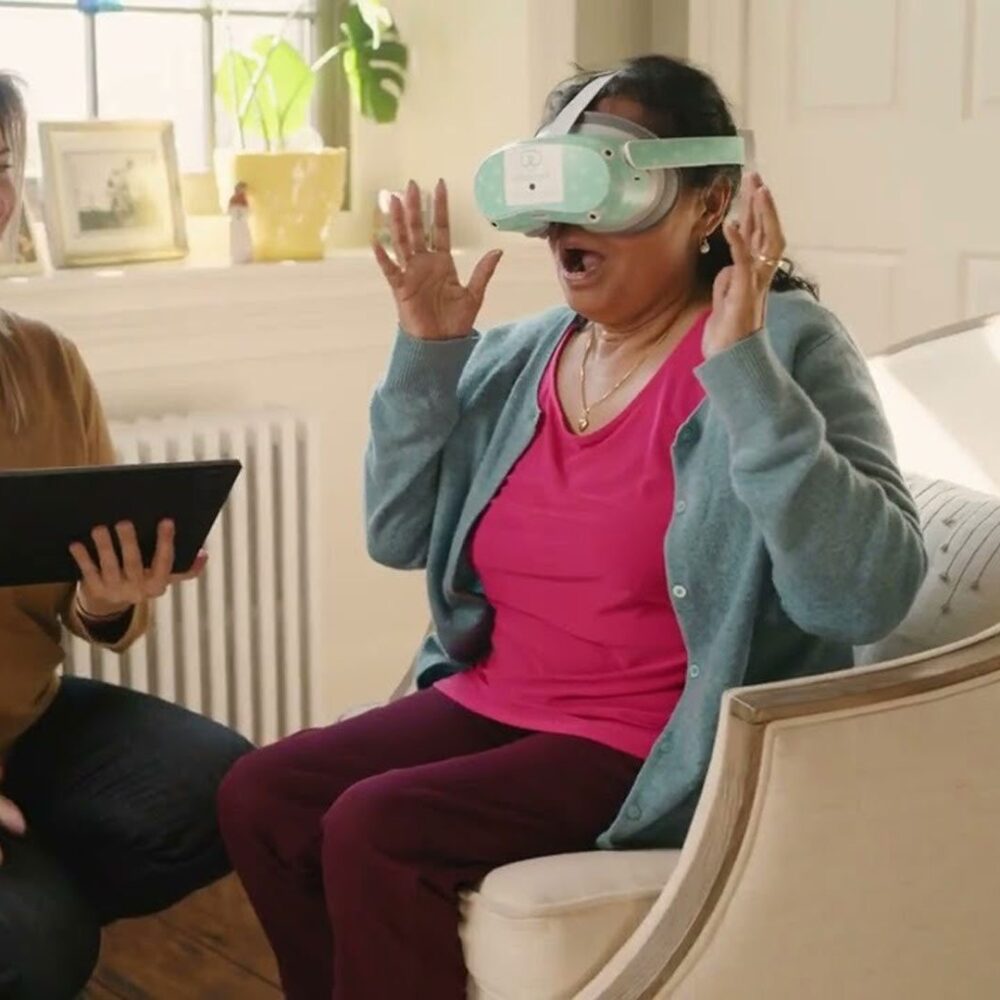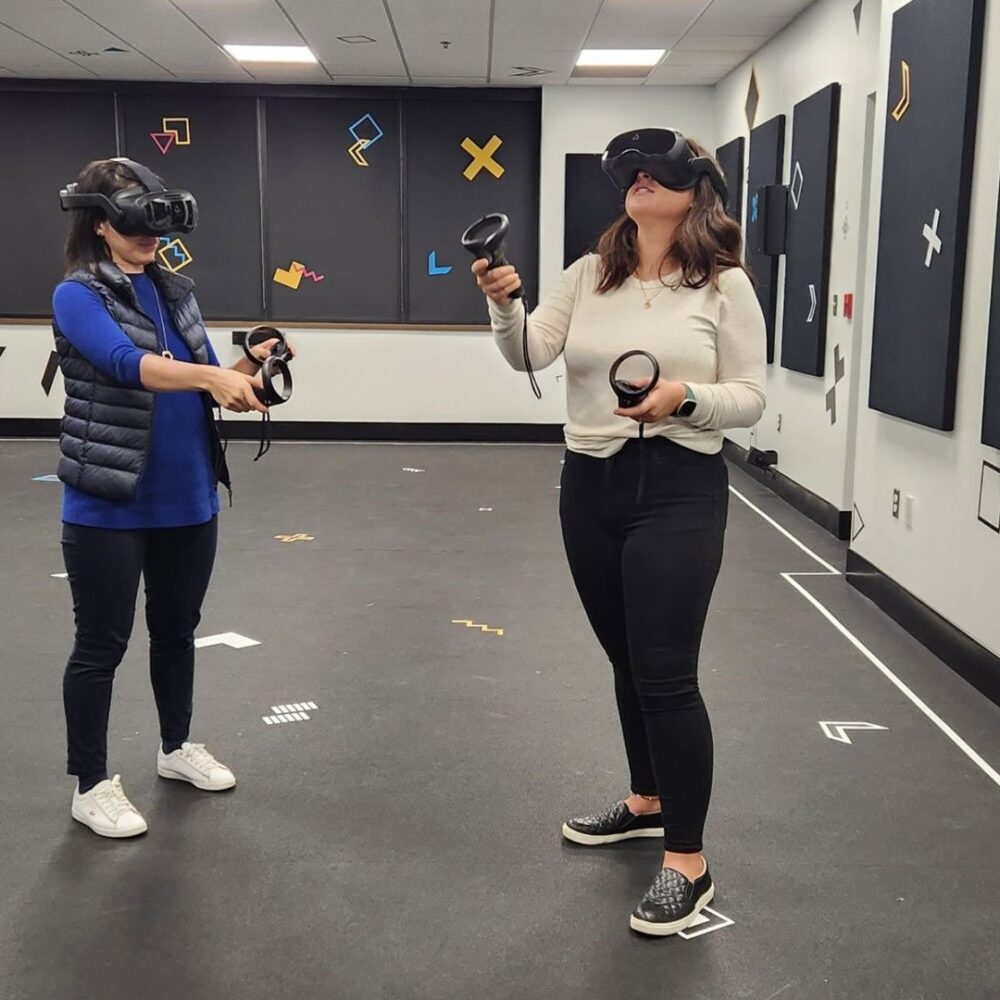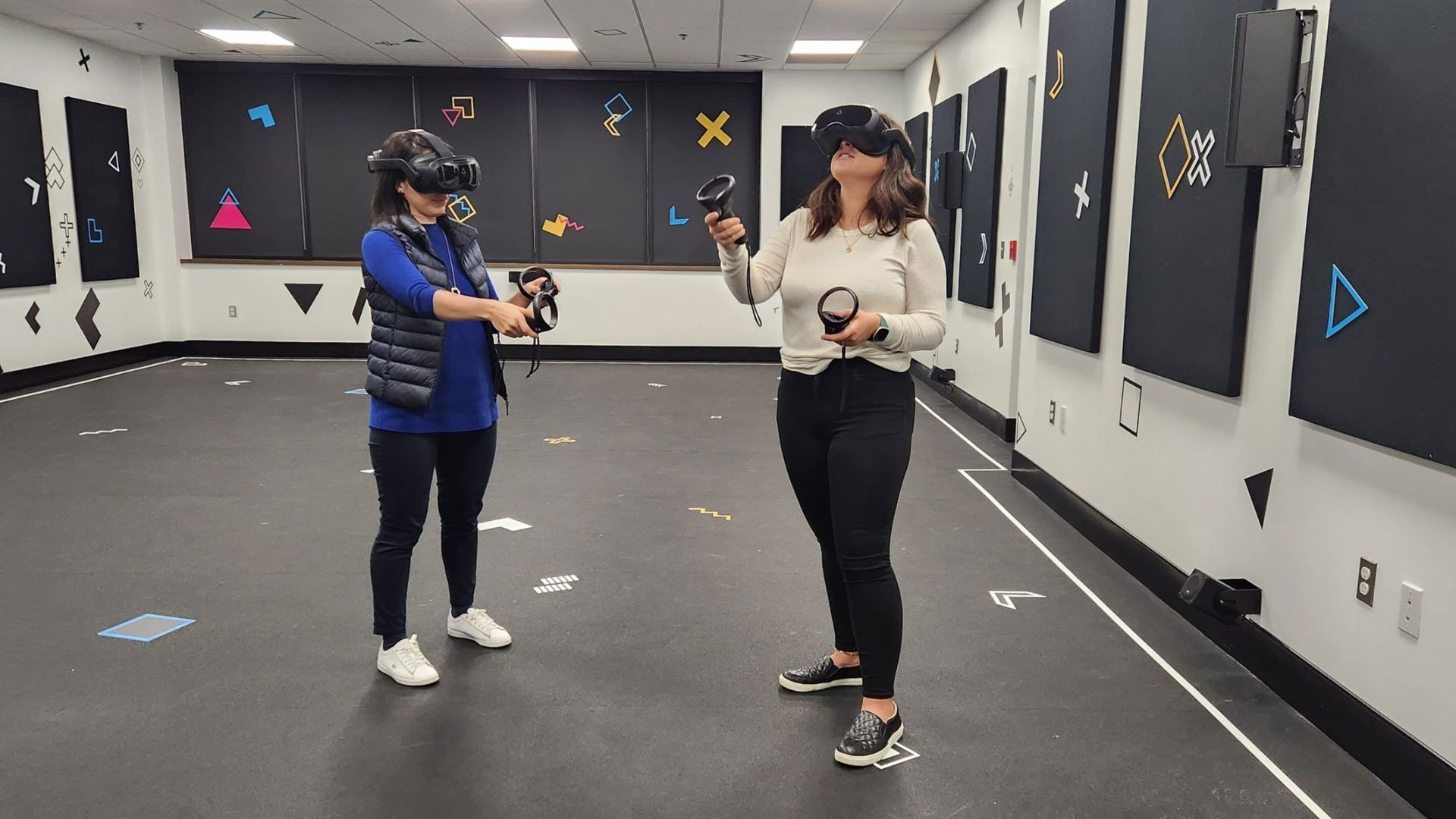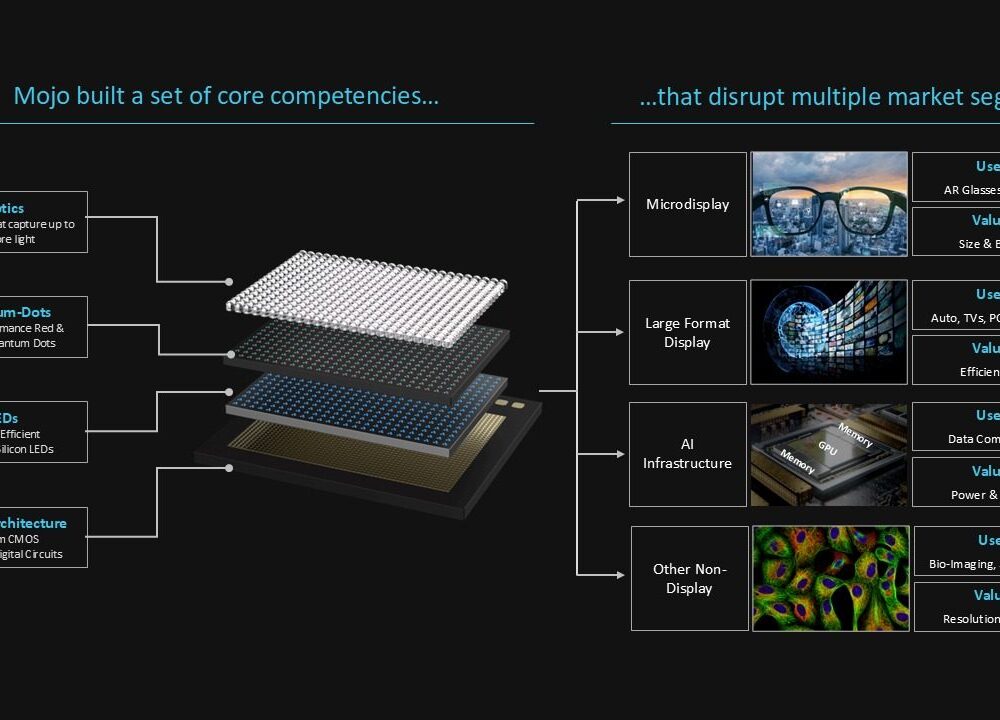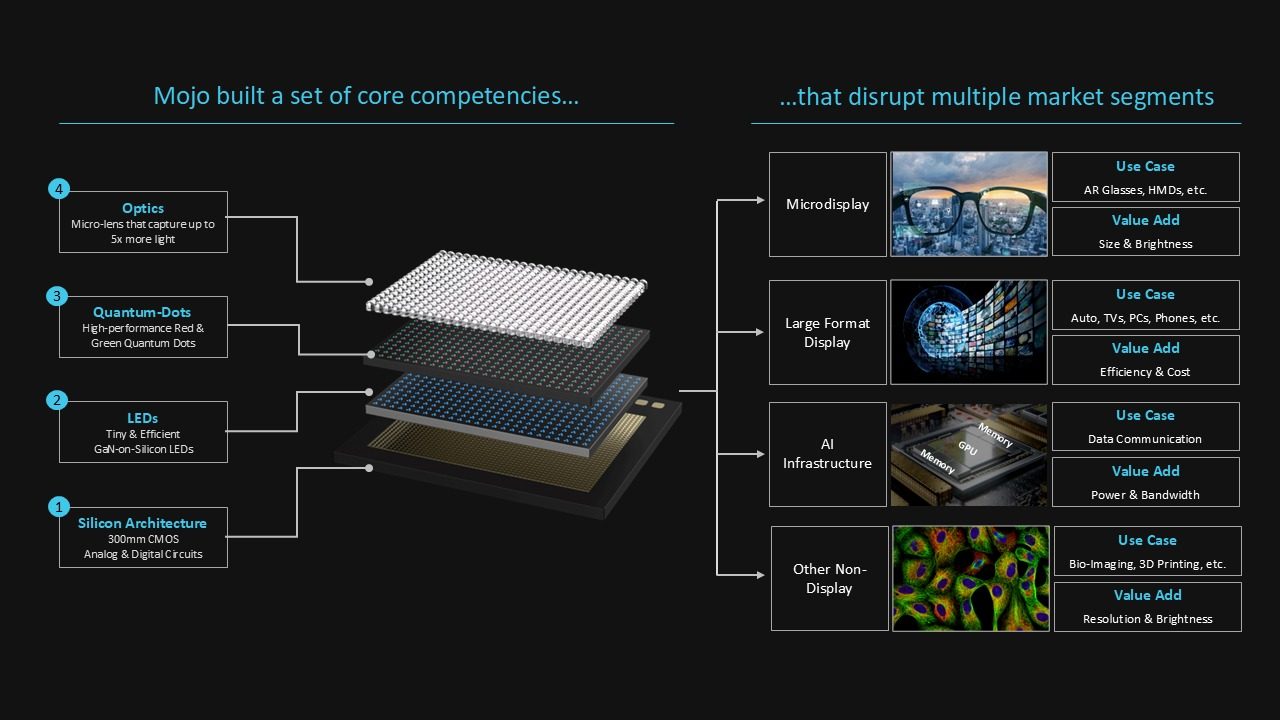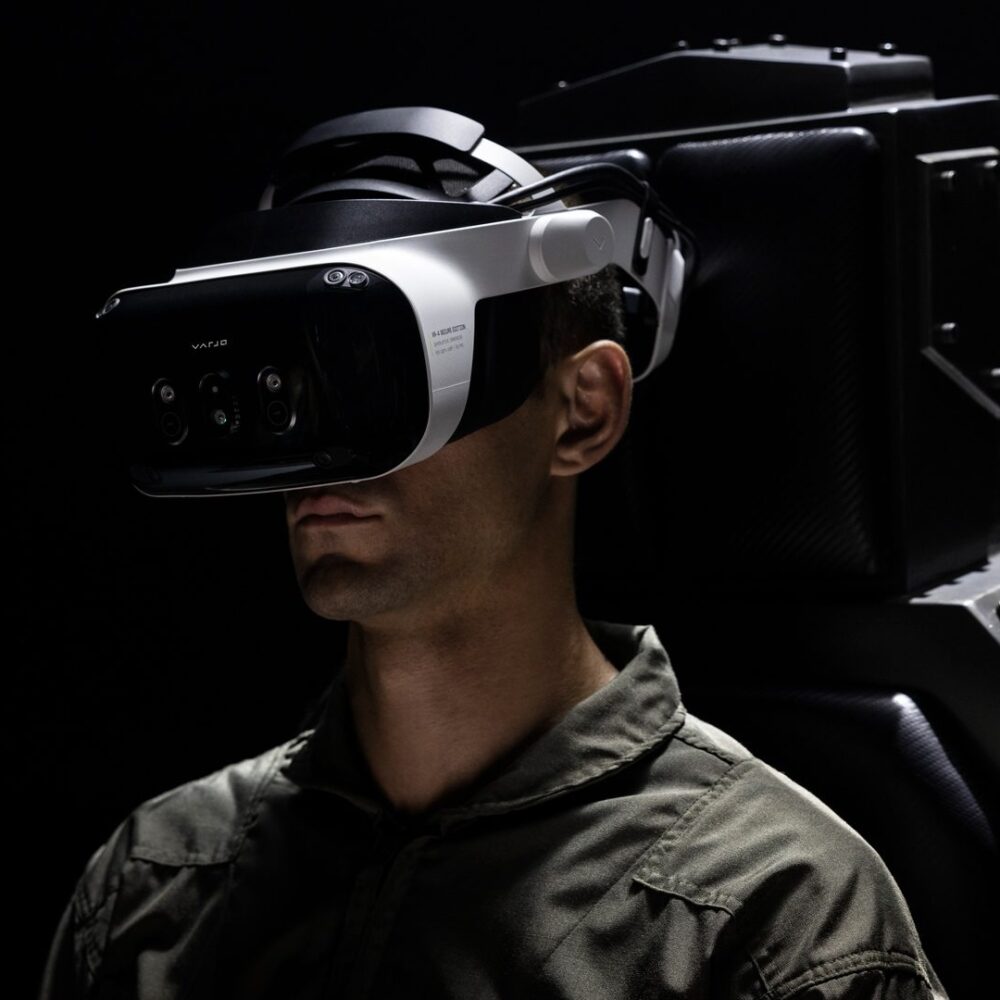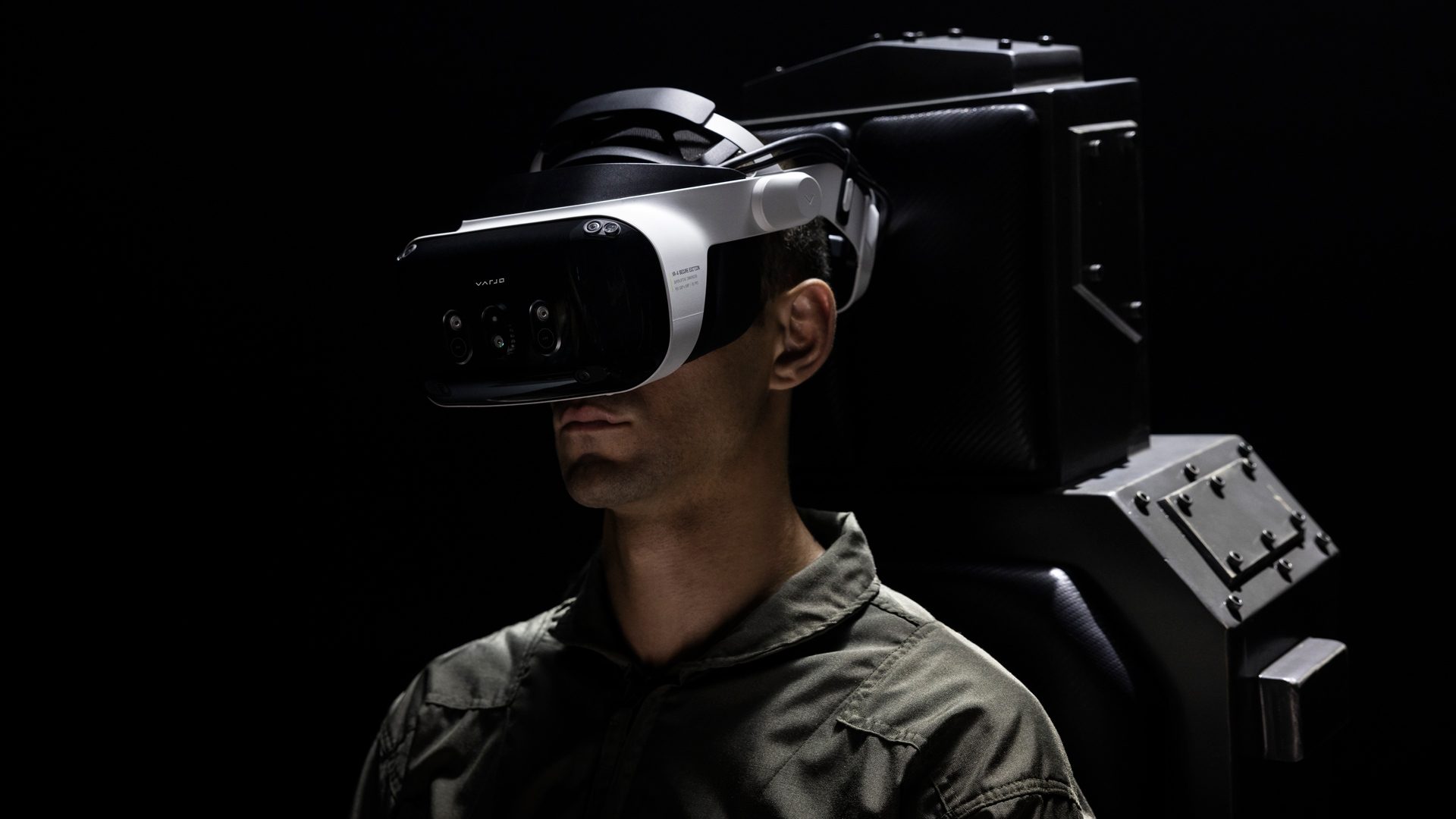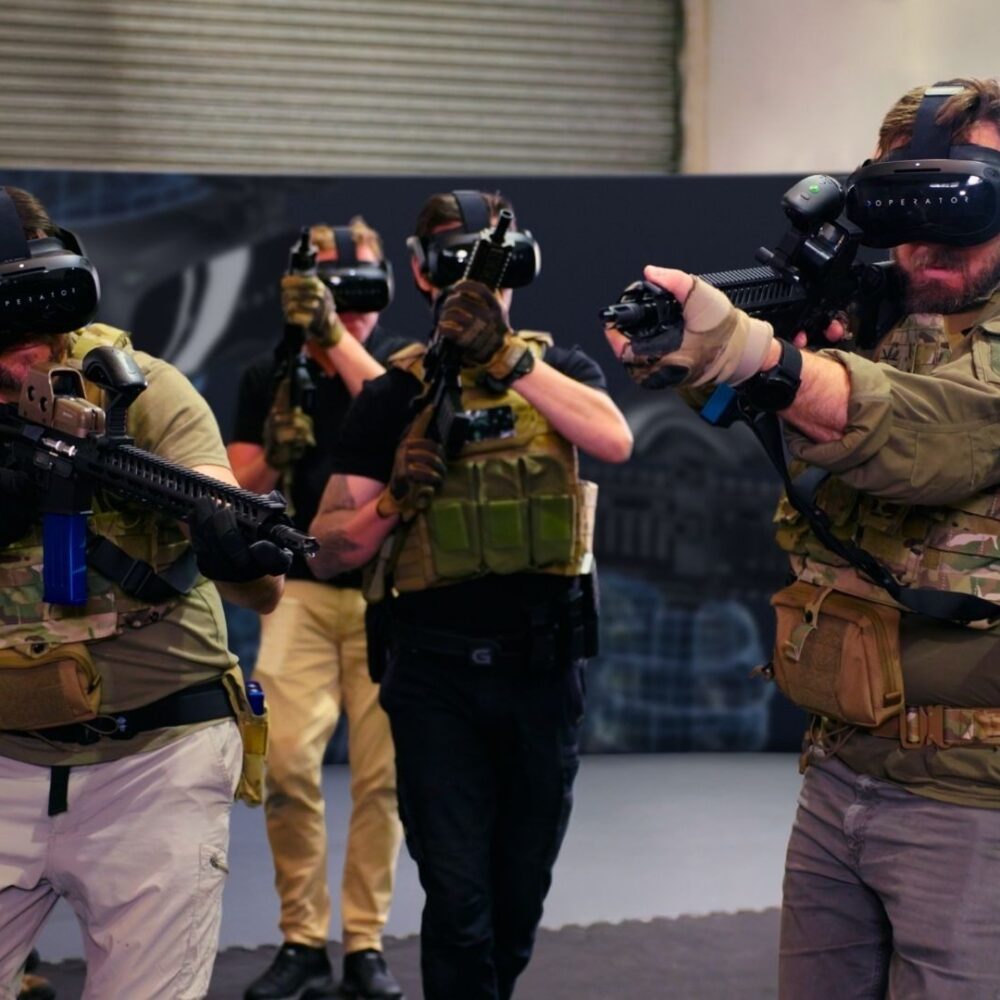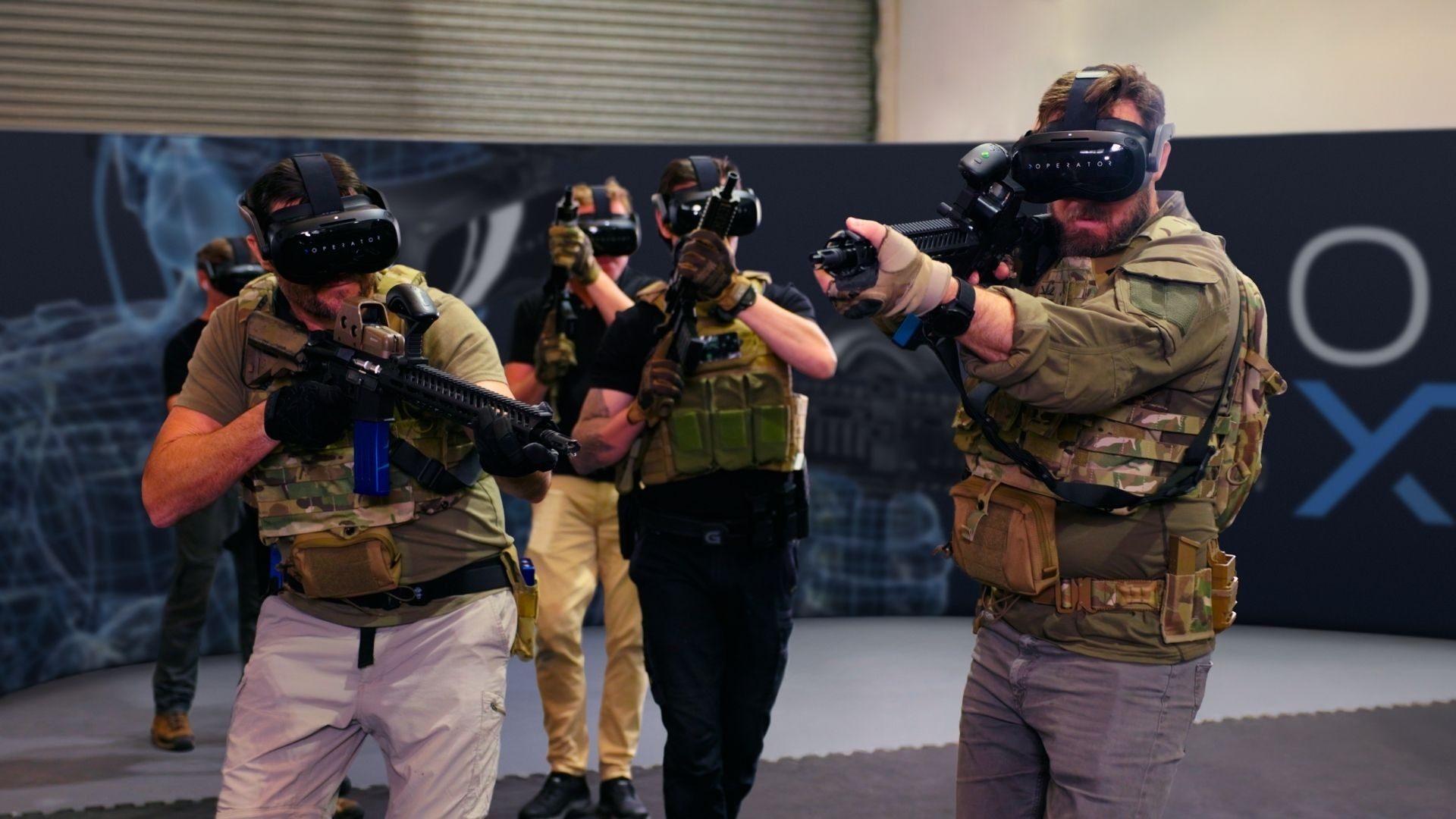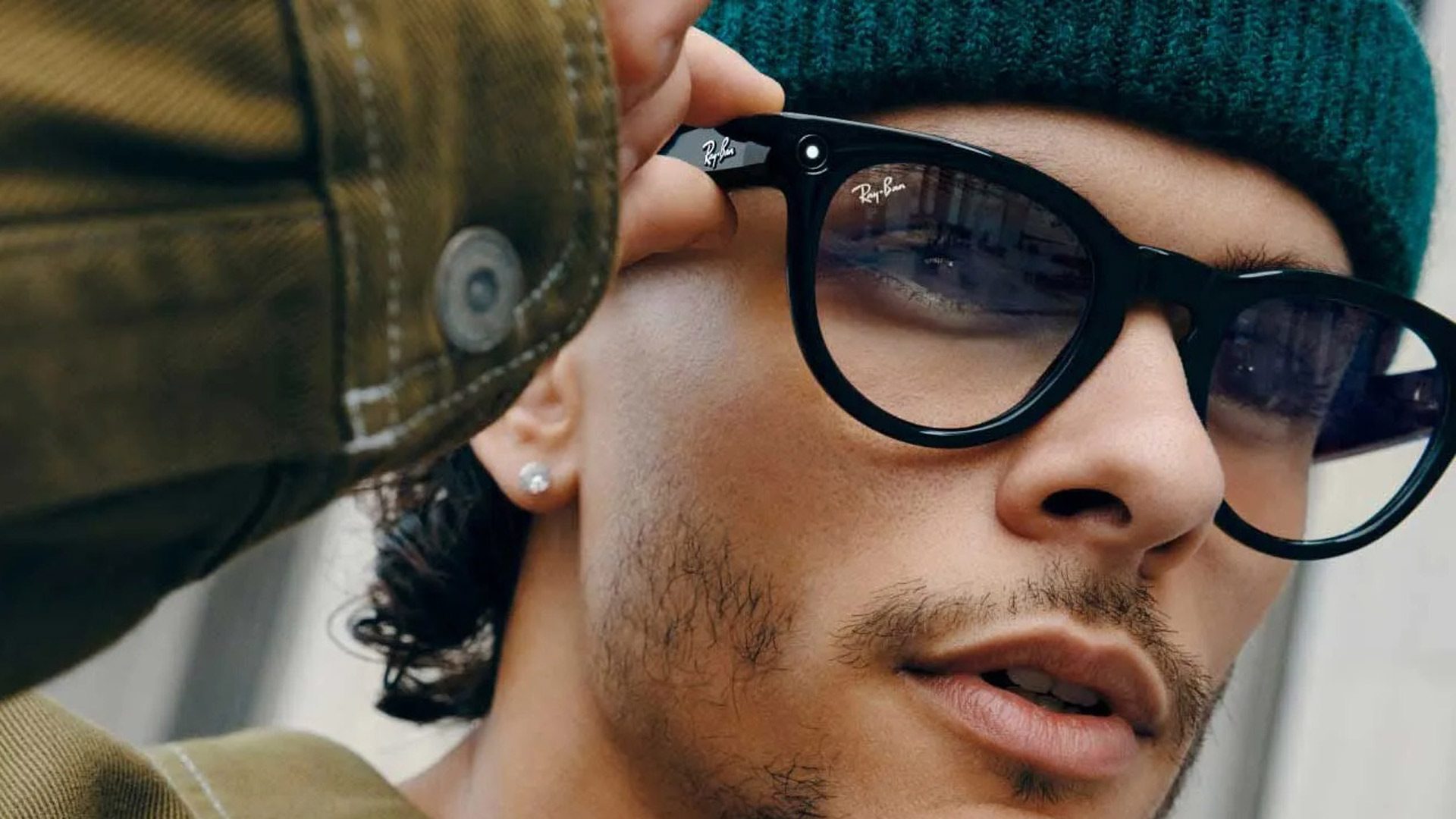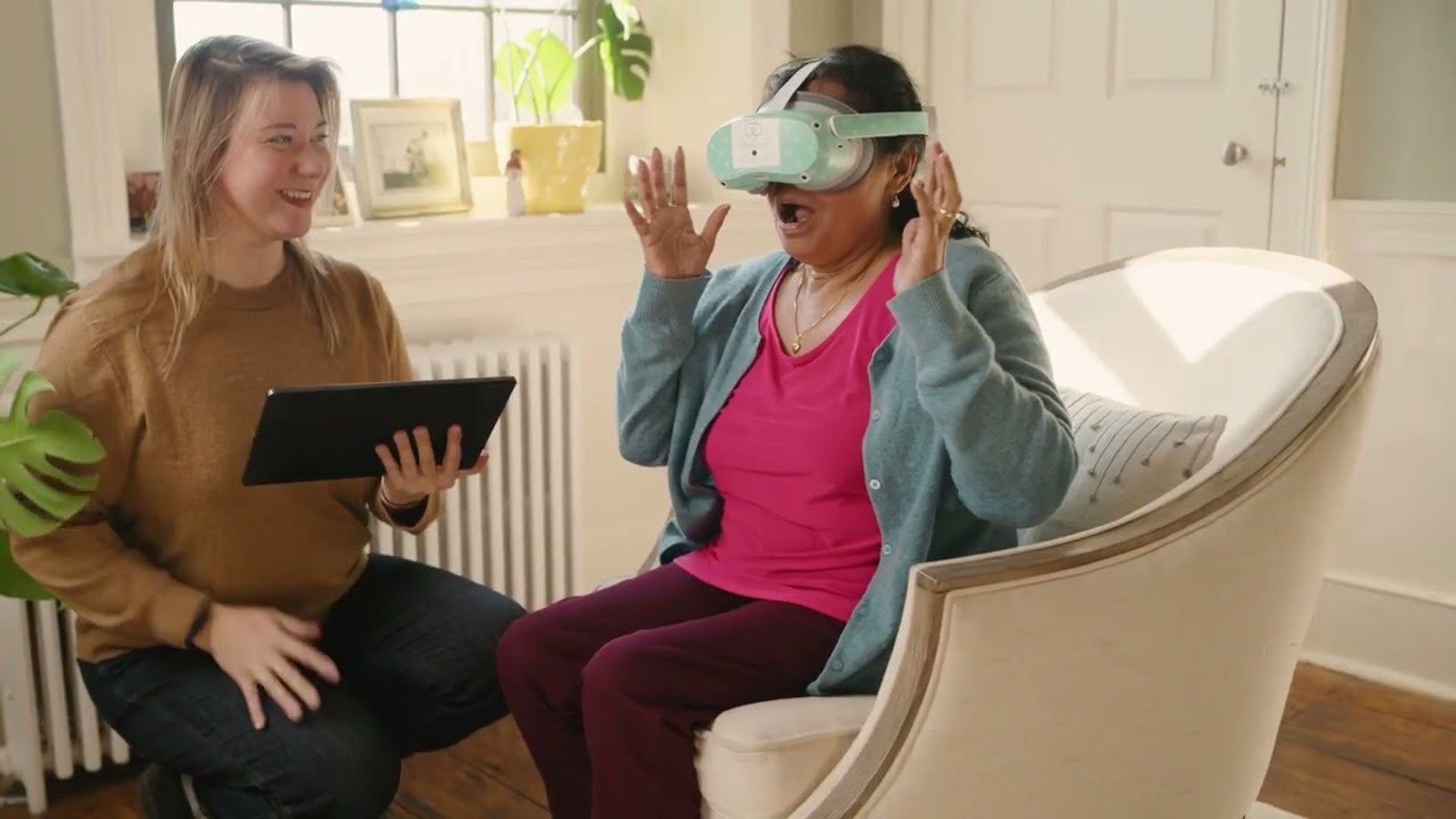
Rendever, the company behind Tilt Brush-based multiplayer Quest app MultiBrush (2022), has secured nearly $4.5 million in grant funding from the U.S. National Institutes of Health (NIH), which the company says it will use to bring its elder-focused VR experiences to the home care market.
The studio says in an announcement the latest funding includes $3.8 million for the Thrive At Home Program and an additional grant to build a caregiver support network in VR.
“These funds will pave the way for Rendever to bring their technology to the large majority of individuals and caregivers who are aging in place and lacking in structural social support,” the studio says.
Rendever is currently partnered with the University of California in Santa Barbara, research organization RAND, and home care service Right at Home.
The company says these organization will help it conduct studies to evaluate the effectiveness of VR technology in building relationships across living environments. The aim is to reduce social isolation, improve mental health, and enhance overall well-being in elders. Additionally, Rendever maintains studies gauging the impact of caregiving tools, including its recent Dementia & Empathy training program, will continue as a result.
“Our Phase II trial has shown the power of VR to effectively build and enhance family relationships across distances – even across country lines. The future of aging depends on technology that effectively reshapes how we experience these core parts of the human experience as we get older,” said Kyle Rand, Rendever CEO. “We know there’s nothing more holistically impactful than our social health. Over the next three years, we’ll work across the industry to build the next generation of community infrastructure that delivers real happiness and forges new relationships, all while driving meaningful health outcomes.”
While Rendever currently offers VR-assisted therapy for both senior living and healthcare facilities, the company is currently assembling a beta pilot in certain geographic regions in the US to test its forthcoming in-home offering.
Additionally, the company announced it’s adding Sarah Thomas to its Board of Directors, an expert on aging and venture partner in the AgeTech industry.
